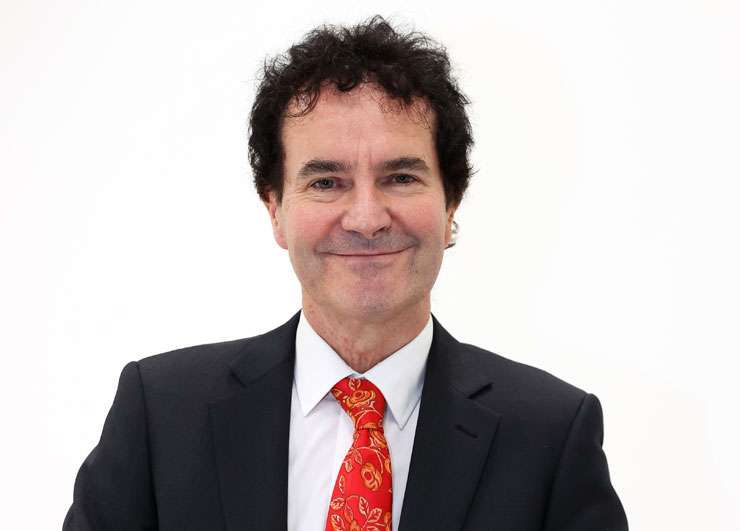I’ve now got up and running four monthly surveys which give insight into what is happening at the coalface for the residential property sector. The main one is the survey of real estate agents run alongside the Real Estate Institute of New Zealand. Next in rank to date is the survey of mortgage brokers with mortgages.co.nz
Then there are a couple of housing-specific questions in my monthly Spending Plans survey. Finally, there is a new survey I’ve just set up asking people about their investment plans – the Portfolio Investment Survey.
This last one has been designed so that over time we will get better insight into one of the key goals the Government has set: encouraging Kiwi investors to shift their wealth growing focus away from the purchase and holding of existing houses towards other assets.
The change is going to take some time. Housing has produced tax-free capital gain averaging 7% per year around the country as a whole since 1992, and 7.8% in Auckland.
Start your property search
It’s an asset which the average person can make changes to in order to improve returns, and one with less year to year volatility in price (except the past year) than most other assets. Tens of thousands of Kiwis have successfully set themselves up for retirement, just as governments have been telling them they should do for the past three decades.
But the shift in Kiwi houses from being places we live in to an asset to help fund our retirement has brought consequences – largely in the form of support by investors for reducing new house construction, and huge debts for new home buyers.
The tide of a rising proportion of our housing stock being owned by investors is probably now turning. Key factors encouraging this are the ending of a three-decade period of falling interest rates, booming house supply, altered tax treatment of housing investments, strengthening credit rules, and rule changes favouring tenants over landlords.
Can we see from my four surveys that a shift is underway? I’m reluctant to conclude much from my latest survey of what we look to invest in. But perhaps a section of numbers are instructive. Of the near 1,900 people who replied, 36% said they plan more investment in housing. But 21% said they would sell property. So the difference is a positive 15%. On that basis you wouldn’t say investors are deserting the sector.
But 69% of people also said that they would be investing more in shares, while just 11% said they would sell some shares. That difference of a positive 58% far exceeds housing and suggests we are right to be examining the potential shifting of some assets into shares.

Tony Alexander: “A net 33% of agents are seeing fewer investor buyers.” Photo / Fiona Goodall
For commercial property, 20% of people plan investing in it, 2% selling, leaving a positive 18% planning investment in this form of property. That is more than for housing. The fourth most favoured asset is cryptos with 13% of people planning to buy some, 2% to reduce their exposure, leaving a positive 11% buying it.
As noted, I’m being cautious in my interpretation of the data at this stage. But given the bias of my 23,000 subscriber base towards residential property, I find the results interesting.
With my other surveys, the one with REINZ shows that a net 33% of agents are seeing fewer investor buyers and a net 4% are seeing more investor sellers. A turning is being signalled there. A year ago these numbers were reversed at +59% and -11%.
My survey of mortgage brokers shows a net 56% saying fewer investors are coming forward for advice. A year ago a net 28% were seeing more investor enquiries. And finally, my general survey of people’s spending plans shows a net 4% of people planning to purchase less investment property. A year ago a net 8% planned to buy more.
Will the shift from housing be rapid? Almost certainly not given the track record of the asset and the still low level of interest rates. But each month will bring more scope for other assets to be successfully marketed to average Kiwis preparing for retirement. Of course, if the Government were to do something radical like, say, removing deductibility of all investor expenses because house prices were still rising close to 20% before mid-2022, then that might change things a tad.
- Tony Alexander is an economics commentator and former chief economist for BNZ. Additional commentary from him can be found at www.tonyalexander.nz

















































































